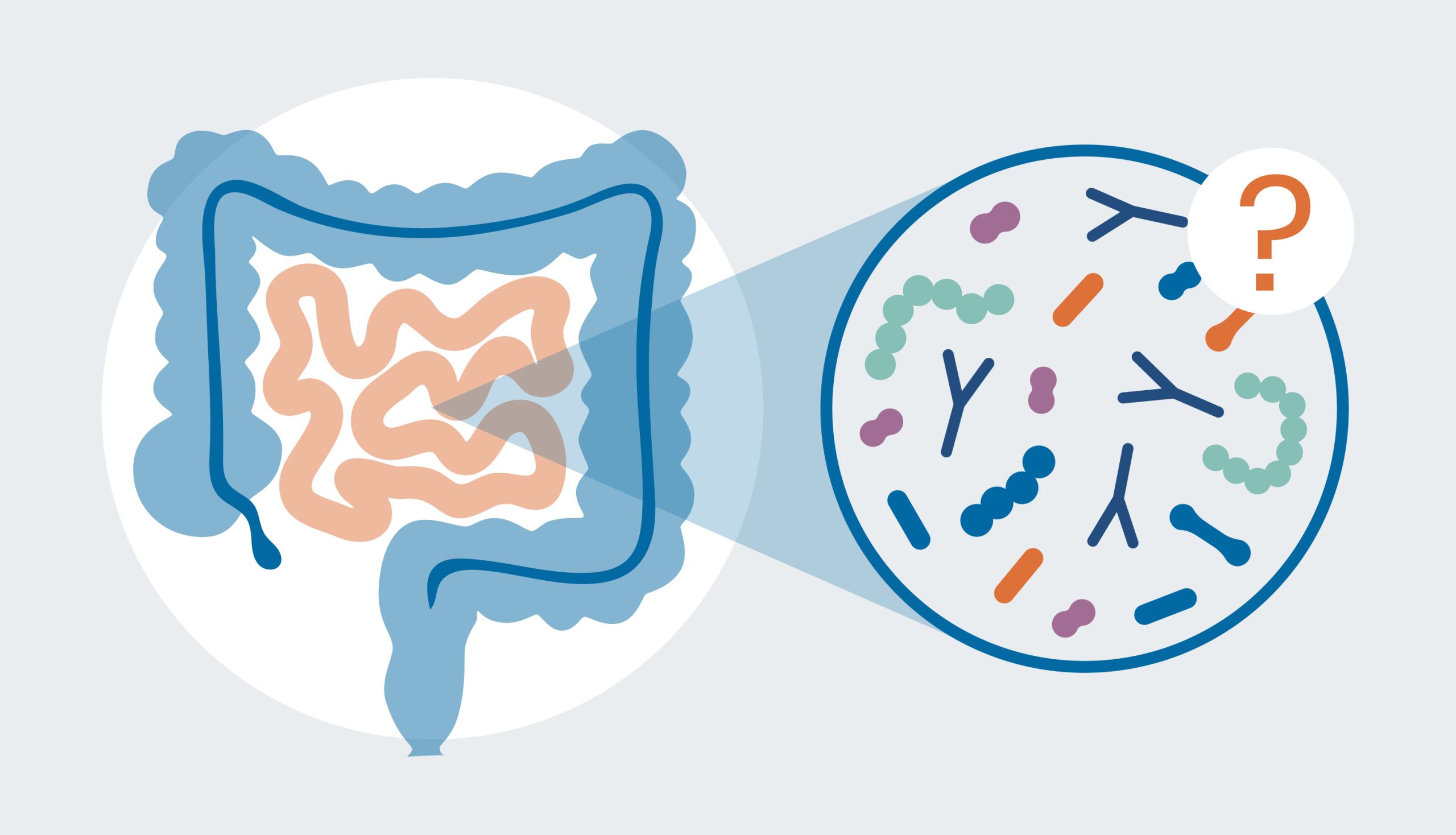
Exactly how the microbiome affects human health is a question mark. But that it is important to human health is well established. Period. Or rather colon.
Over 100 trillion.
No, that is not (yet) the size of the U.S. national debt.
Rather, it is the number of bacteria that reside in the gastrointestinal or GI tract.
Collectively, these multiple species of bacterial (as well as viral, fungal, algal, archaeal, and protozoal) organisms, which have colonized the GI tract and other areas of the human body like the skin and which function as an invisible organ that is unique to each person are known as the microbiome. “Micro” refers to microorganisms and “biome” to habitat.
It has been estimated (granted with wide uncertainty) that the microbiome outnumbers human cells by a ratio of 10:1. The mouth alone is home to at least six billion microorganisms with long and barely pronounceable Latin names such as Firmicutes, Proteobacteria, Bacteroidetes, Actinobacteria, and Fusobacteria. Like it or not, then, whatever the exact ratio and exact numbers, all of us are Teem Bacteria—not T-e-a-m but T-e-e-m—because the GI tract, in particular, is teeming with them.
And alongside the 100 trillion figure, here’s another one: close to 0, which is how much we understand about the function of the microbiome.
That said, it makes sense to refer to the microbiome as our best “frenemy” or friend/enemy because as a friend the microbiome brings key benefits that include metabolism, pathogen exclusion, and proper functioning of the immune system. However, on the flip side, when the microbiome is unbalanced from genetic predisposition, excessive use of antibiotics and unhealthy diets, for example, a state that is known as “dysbiosis” results. Dysbiosis is associated with a range of diseases including obesity, cancer, inflammatory bowel disease, atopic dermatitis, psoriasis, acne, atherosclerosis, diabetes, and rheumatoid arthritis. Dysbiosis is also linked to neurodevelopmental disorders such as autism and multiple sclerosis and neurodegenerative diseases like Alzheimer’s, Parkinson’s, and amyotrophic lateral sclerosis (ALS)/motor neuron disease (MND).
This makes sense because common words and phrases such as “gut instinct”, “gut feelings”, “gut-wrenching”, “gutted”, “gutsy”, “butterflies in the stomach”, etc. that we all use derive from the perceived impact of gut signals on mental activity, and intuitive decision-making. It is increasingly appreciated that the nervous system and the gastrointestinal tract communicate bidirectionally through the gut-brain-microbiome axis and that the more dysfunctional this axis is, the more likely neurological and mental disorders are to develop.
A possible common denominator between dysbiosis and disease is inflammation. “Healthy” microbiomes are thought to express low levels of pro-inflammatory molecules like lipopolysaccharide (LPS) and flagellin. Conversely, microbiomes from mice and humans with colitis and metabolic syndrome often express high levels of LPS and flagellin.
It seems very likely that RRx-001, which was recently awarded FDA Fast Track designation for the treatment of severe oral mucositis in head and neck cancer, exerts anti-inflammatory effects on the oral microbiome.
How did we arrive at this hypothesis?
Call it gut instinct.
